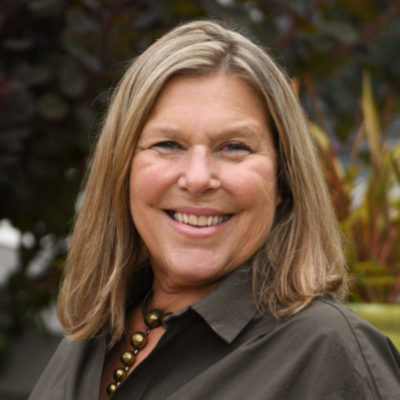Child Care Law Center is educating, advocating, and litigating to make child care a civil right. They are dismantling systemic injustices that are embedded in the child care system—one regulation, sub-regulatory guidance, contract, law, unwritten policy and practice at a time. On the one hand, they are championing child care workers, 95 percent of whom are women. On the other, they are advocating for low-income working women, who need subsidized child care to participate in the workforce.
“Women should be able to support their families with peace of mind, knowing their children are well-cared for. And while moms are working, child care providers are helping their children to grow and learn. They deserve to be well-paid and valued. We want quality jobs in both directions,” said Kim Kruckel, executive director of Child Care Law Center.
The pandemic showed us that child care workers are essential to our society and economy, yet this profession continues to be undervalued and underpaid, the result of policies rooted in racism and discrimination.
“For too long, policy makers have demeaned child care by allowing racist policies to exist. The child care system is based on exploiting Black, Brown and immigrant women. And until we recognize that, until we acknowledge that we used to enslave people to care of children for free, until we make a purposeful, intentional decision to reverse it and make reparations, we're not going to see good pay for childcare providers,” said Kruckel.
The child care industry is a low-wage industry and its workers, mainly women of color, are earning poverty wages and have little opportunity for upward mobility. One in four childcare providers in California lives in poverty. In 2018, half of all child care providers qualified for government aid, unable to make ends meet without social safety net programs like CalFresh and the federal Earned Income Tax Credit.
The Child Care Law Center is working to win respect, dignity, living wages and workplace protections for these essential workers. Their strategies are many—including legal and legislative advocacy, legal services, community education and narrative change. But their vision is simple:
“Childcare providers are treated as the professionals they are. They have a decent income. They have a retirement that they can rely on. They have paid sick days and health insurance. Childcare homes and centers are nestled all throughout our communities. No zoning barriers, no expensive permits. They are welcomed by their neighbors, and their landlords don't discriminate against them.”

